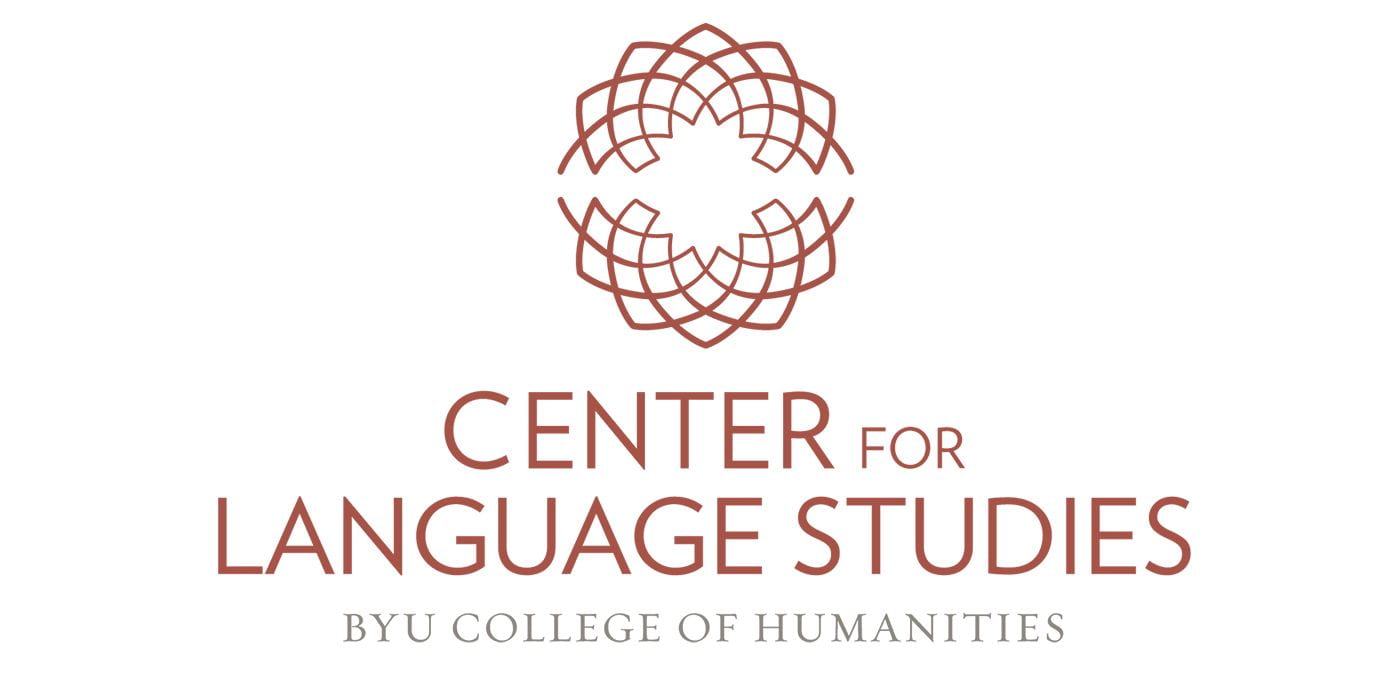Please note that proposal submission is now closed.
CALL FOR PROPOSALS
The Role of Assessment in Transforming Second Language Pedagogy
Language Assessment Research Conference (LARC)
Held in conjunction with Midwest Association of Language Testers (MwALT)
and East Coast Organization of Language Testers (ECOLT)
September 15-17, 2022
University of Chicago, Chicago, IL
In-Person
LARC 2022 will examine the many ways that assessment can inform innovation and ultimately the transformation of language teaching practices. Recent development in language testing research and practice—innovation in assessment design, task types, delivery, scoring, and reporting—can and should influence instructional practices. Contexts of interest include language assessments in all levels and contexts of instruction including government, education, and the private sector.
We are particularly interested in sessions proposing theoretical and empirical presentations addressing such issues as the following:
- Foregrounding assessment in successfully engineering pedagogical innovation
- The operationalization of proficiency guidelines and frameworks into assessment designs and practices
- The role of assessment in the reverse design of curricula
- The complexity and beneficial impact of innovative assessment task design
- Assessments that connect second language learners with the specific skills to meet real-life, functional outcomes in personal, academic, and professional contexts
- Impact of assessment formats (e.g., constructed vs selected response items) on instructional practices
- Quantitative/qualitative studies of language test performances that provide evidence about constructs underlying test performance and their relationship to real world functions
- Challenges and opportunities of online language assessment and instruction
- Connections between language assessment and the evaluation of learning in technology-rich environments
- The use of technology in classroom-based assessment
- Examples of curricular transformation informed by innovative assessment practices
- The role of assessment in program and curricular evaluation
- The responsibility of assessments to promote positive washback on learning and instruction
- Validity studies of classroom-based assessment
- Assessment literacy in second language teacher training and its impact on instruction and teacher agency
We welcome proposals on all topics in second and additional language assessment for the following types of sessions:
Papers
Papers should present theoretical or empirical research. These sessions are 20 minutes, followed by 10 minutes for questions. Proposals for empirical studies should provide background and reasons for the research, descriptions of methodology, findings, and implications. Proposals for conceptual papers should introduce the problem addressed in the paper, provide the theoretical orientation or new approach, and indicate the logic of the argument the paper will present. Paper proposals should be between 450 and 500 words.
Colloquia
Colloquia consist of three or four research papers in a 90-minute session. They should include an introductory paper, in addition to the three or four papers, and a discussant. The entire proposal should be between 900 and 1,000 words. This should include an overview of the theme of the colloquium and its significance for language assessment, along with titles and descriptions of each research paper.
Technology Demonstrations
Demonstrations allow presenters to showcase software used for any aspect of language assessment development, delivery, or research. They are 20 minutes, followed by 10 minutes for questions. Proposals should be between 450 and 500 words and should provide a purpose for the technology, an explanation of how it can benefit the language testing process, principles of its development, and implications/challenges of its use. Actual demonstrations of the technology and its uses are preferred, but sessions with screen shots or other ways of showing the technology will be considered.
Posters
Posters give presenters an opportunity to discuss assessment research or test development projects with a small group of participants. Presenters should be available to display and discuss their posters during a 60-minute session. Proposals for poster presentations should be between 350 and 400 words.
Works-in-Progress (Roundtable format)
Works-in-progress (WIPs) give presenters an opportunity to discuss and get feedback on research or test development projects which are incomplete. Presenters will be given time to share their work and get feedback from small groups of participants. Proposals should be between 350 and 400 words.
Evaluation of Proposals
All proposals will be subject to a double-blind review by two professionals in the field. Criteria will include the proposal’s clarity, adequacy of the proposer’s fulfillment of the requested characteristics for each of the categories of submission, as well as the overall significance for language. Priority will be given to presenters who agree to present at either an in-person or online conference.
Proposal submission is now closed.
Important Dates
- May 1: Proposal deadline
- May 31: Decisions to presenters
- June 1: Registration opens
- August 1: Early Bird registration closes
Conference Organizing Committee
Ahmet Dursun, University of Chicago (Chair)
Gary J. Ockey, Iowa State University
Carol A. Chapelle, Iowa State University
Liying Cheng, Queen’s University
Jee Wha Dakin, ETS
Okim Kang, Northern Arizona University
Meg Malone, ACTFL
Lia Plakans, University of Iowa
Troy Cox, Brigham Young University
Local Organizing Committee
Catherine Baumann, University of Chicago
Nicholas Swinehart, University of Chicago
Phuong Nguyen, University of Chicago







![Avant_Main Logo_Primary_Multicolor[17] Avant Assessment logo](https://voices.uchicago.edu/larc2022/files/2022/07/Avant_Main-Logo_Primary_Multicolor17.png)


